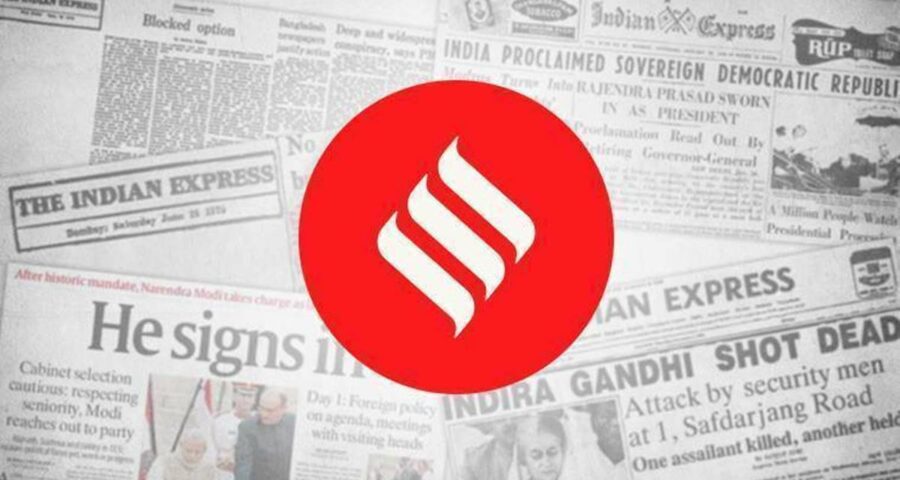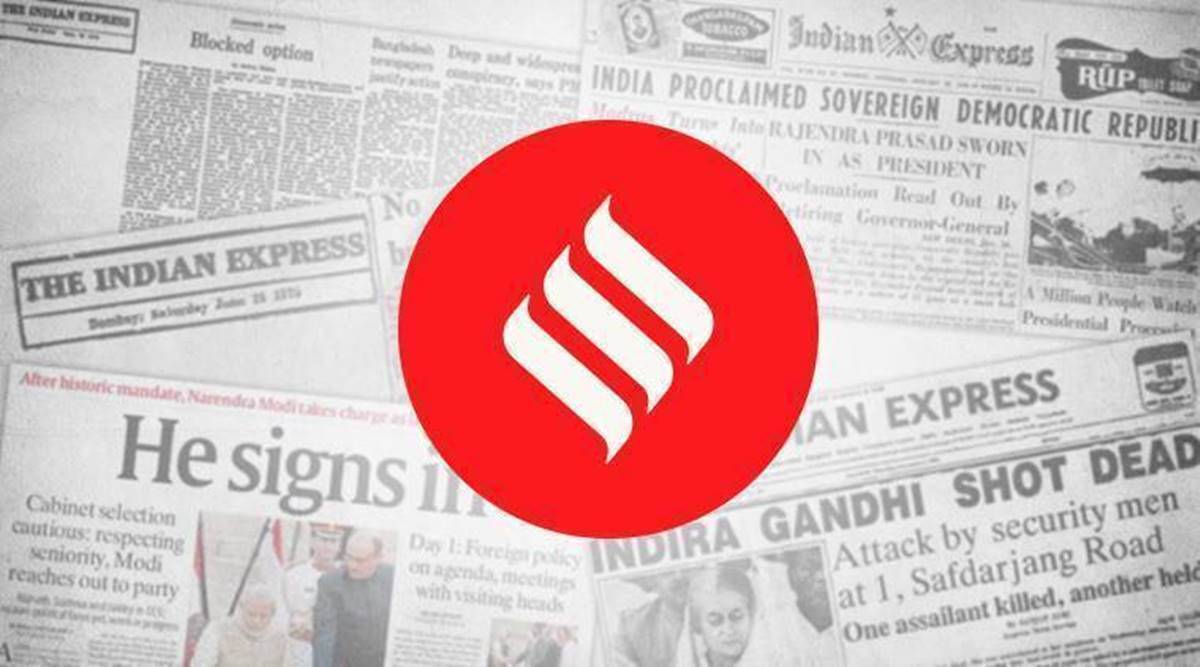In Birla’s letter to cabinet secretary, reminder of a once competitive telecom sector under siege.
In a letter to Cabinet Secretary Rajiv Gauba, Kumar Mangalam Birla, chairman of telecommunications company Vi, has reportedly conveyed his willingness to “hand over” his stake in the company to any government or domestic financial entity in order to keep the beleaguered telco functioning. The offer, which essentially signals that the telco’s survival now is solely dependent on government action, underlines the dramatic possibility of a once hyper competitive sector transforming into a virtual duopoly dominated by one extremely strong player. With high barriers to entry in the form of spectrum costs, and licence fees, and continuing policy uncertainty unlikely to facilitate or encourage entry of new players, the implications of this shrinking competition on consumers, though they may not be immediately evident, are worrying.
Several disparate events have led the sector to this impasse. The tariff wars, which began in 2016 with the entry of the new player, wreaked havoc on the finances of telecom operators. Their precarious financial position has only been compounded by adverse court orders. In the adjusted gross revenue (AGR) dispute, the Supreme Court upheld the government’s interpretation, allowing it to include revenue from non-telecom activities like interest income in its calculation of fees, thereby increasing the liability of telcos. On July 23, the Court dismissed the petitions of telcos seeking to recalculate the AGR dues. Vi’s total obligations on account are around Rs 60,000 crore.
The company has been trying to rope in investors, but in the current policy environment, it is difficult to see any investor stepping in. As Birla noted in his letter, potential foreign investors “want to see clear government intent to have a three-player telecom market (consistent with its public stance) through positive actions on long-standing requests such as clarity on AGR (adjusted gross revenues) liability, adequate moratorium on spectrum payments, and most importantly, a floor pricing regime above the cost of service.” This suggests that in the absence of a concerted effort on part of the government, a duopoly is all but certain. This is unfortunate. The government should have intervened early on to prevent things from coming to this pass. Not addressing the issue of predatory pricing and then not reconsidering the approach on the AGR issue have caused great damage to the sector. The effects of Vi going under will be felt not only by consumers, but also by the broader economy.
Source: Read Full Article


